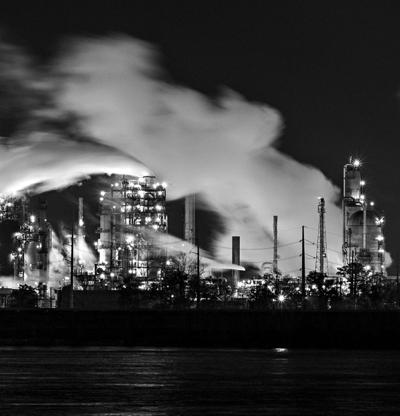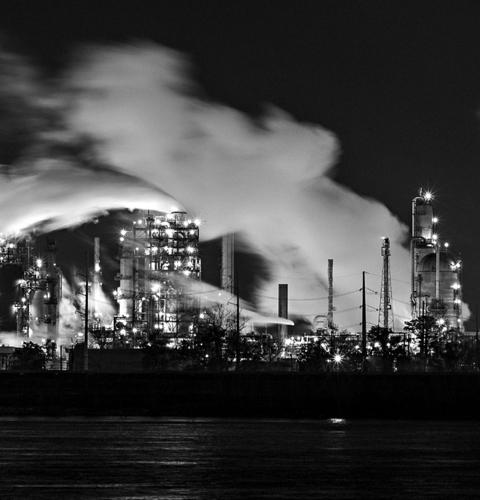Valero Energy has agreed to better manage the quality of gas and diesel from its refineries in St Charles Parish and elsewhere, pay $2.85 million and install emission controls at two Texas refineries to help settle alleged air pollution violations across the country, EPA officials said.
The settlement with the U.S. Environmental Protection Agency would resolve alleged violations of the U.S. Clean Air Act over how the Texas oil refiner managed the production of gasoline and tested gas and diesel to ensure they met federal air quality guidelines.
The consent decree, which needs court approval, doesn't require Valero to admit liability.
The Valero facilities were accused of violating federal fuel quality rules aimed at cutting harmful ground-level ozone and other smog-creating emissions from cars, trucks and other motor vehicles, the proposed consent decree says.
“EPA is committed to ensuring compliance with the environmental protections of the Clean Air Act fuel quality standards,” Susan Bodine, EPA assistant administrator for enforcement and compliance assurance, said in a statement. “Refineries must meet those standards to protect our air quality.”
The findings followed a 2015 EPA compliance audit and some self-reported findings by Valero of its gasoline quality in 2017 and 2018.
Valero is a $16.8 billion publicly traded company.
Its 340,000-barrel-per-day St. Charles Parish refinery on the Mississippi River pulls in crude from ships and the Louisiana Offshore Oil Port in the Gulf of Mexico. The plant employs around 550 people.
According to the U.S. Department of Justice complaint, the 1,000-acre refinery distributed a combined 31.5 million gallons of lower quality gasoline during the high-ozone summer months between 2012 and 2014.
The gas violated federal fuel volatility standards at the time, the complaint says.
Valero's Meraux Refinery in Chalmette was not accused of violations in the EPA complaint. But the EPA says that it and all other Valero refineries must also be part of a new fuels management system designed to help ensure Valero complies with the Clean Air Act.
Lillian Riojas, spokeswoman for Valero, said the company has already implemented the "improved robust" fuels management system, which includes "operational safeguards, protocols, audits, and more uniformity across our labs and other processes."
Under the proposed decree, Valero also has committed to install geodesic domes on three storage tanks at its Port Arthur Refinery in Texas to cut certain emissions there by 23 tons per year. Additionally, Valero has started upgrades to cut emissions of cancer-causing benzene by 583 pounds annually at its Corpus Christi, Texas, refinery.
Eric Schaeffer, executive director of the Environmental Integrity Project, a nonprofit environmental organization, said the proposed consent decree doesn't seem unreasonable given the volume of air emissions involved and the fact that Valero self-reported some violations.




